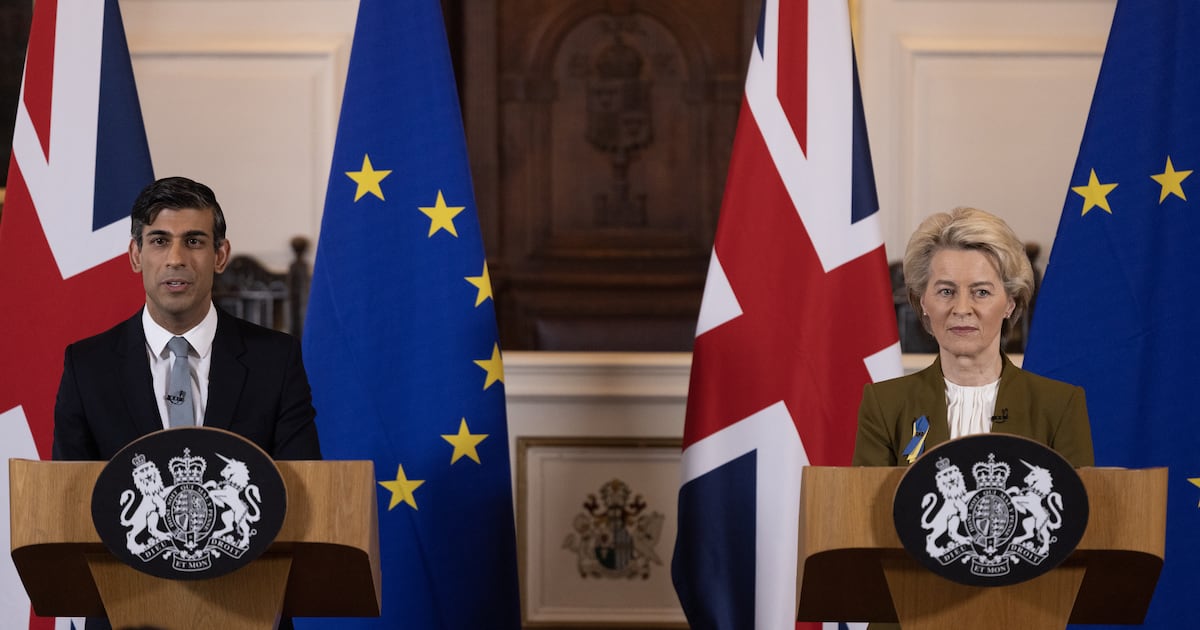Weighted to reflect the population, 62% chose to rejoin, 35% to stay out while 3% were unsure or offering no opinion.
In the original 2016 referendum, the UK-wide result narrowly passed Brexit by 51.89%. At the time in north, 56% of voters had chosen to remain with 44% choosing to leave.



Forgive if I’m wrong (not a native speaker), but why does United Kingdom implies several kingdoms to be united. Couldn’t it be a kingdom which united several previously independent territories?
This issue with that is Wales and Northern Ireland haven’t been independent territories either.
England conquered them. They haven’t voluntarily joined a union, they have been conquered.
Northern Ireland with “power sharing” meaning they cannot elect a democratic parliament is essentially is run as a colony. The only caveat being they do have seats in the UK parliament.
Wales is a semi-autonomous part of England with a local government having some say but no ultimate control should the national government decide against something. Again they have seats in the national parliament so they aren’t a colony.
Essentially in any other place Wales would be just part of England, not a separate country. Not a separate territory as there’s no significance to the border except a historical one.
Wales is not part of England. Please stop spreading misinformation.
Wales is part of the UK.